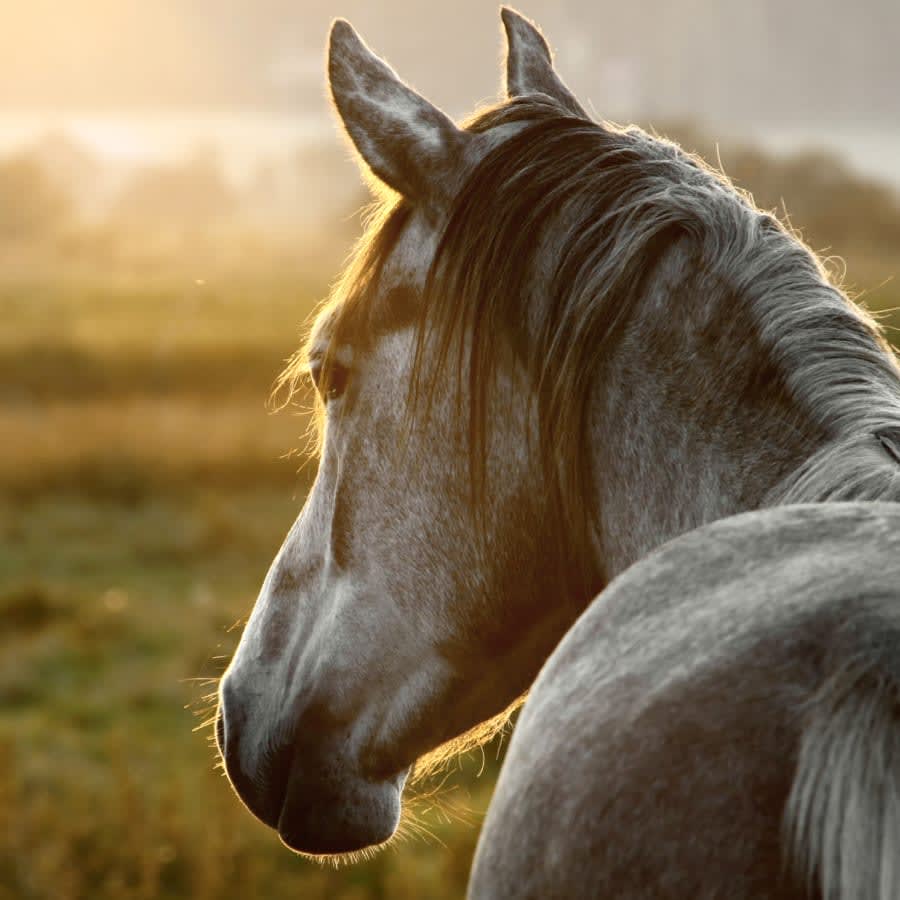Equine Wellness Exams
The Importance of Routine Exams
Wellness exams are annual or twice-yearly checkups that form the cornerstone of your horse's annual preventive health care plan, helping your horse maintain optimal long-term health.
When combined with regular vaccinations, parasite prevention, and proper nutrition, these routine checkups can help your vet to identify minor problems early, when they are most easily treated.
Routine exams also give you an opportunity to ask your veterinary professional any questions you may have regarding your horse's overall health and wellbeing, such as questions about weight issues or any nutritional concerns.

What To Expect at Your Horses Routine Checkup
Whether your horse is coming into our Gillette clinic, or we are coming to you through our ambulatory services, knowing what to expect from your horse's routine veterinary exam will help the process go more smoothly for you, your horse, and your vet.
At each routine exam or health assessment, our experienced vets will check each of the following:
Basic Assessment
A basic assessment is carried out at distance and is used to determine if your horse is quiet, shy and nervous, or bright and responsive. This is important as it reveals basic personality and behavior traits that can be used for comparison for future exams.
Body Condition Score
Sometimes referred to as a BCS, this assessment focuses on the overall condition of your horse on a scale of 1-9. To calculate this, your equine vet will look at your horse’s weight, size, muscle tone, and the prominence of their hips and ribs.
Weight Tape
This is what is used to calculate the approximate weight of your horse, since getting them to stand on scales is impossible. The tape is passed around the girth of your horse and the result is recorded.
Temperature
Your horse's temperature will be taken to help our vets determine whether there could be any underlying infections or other conditions.
Heart/Lungs
Your vet will check your horse's heart rate, sounds, and rhythm to ensure that there are no abnormalities. Your vet will also check how your animal’s lungs sound and that their breathing isn’t too fast or slow.
Coat Condition
The condition of your horse’s coat can tell your vet a lot about the overall health of your equine friend. A dull, dry coat and skin problems can be indicative of poor nutrition or other health issues.
Teeth
Horse’s teeth grow for the duration of their lifetime and must be ground down regularly to prevent overgrowth. If this isn’t happening, you may need to arrange for a procedure known as ‘floating’ where a professional manually files their teeth.
Legs/Feet/Gait
Leg and feet health is particularly important for horses, and your vet will check for any abnormalities. If there is any concern about your animal’s gait, it will also be evaluated.

